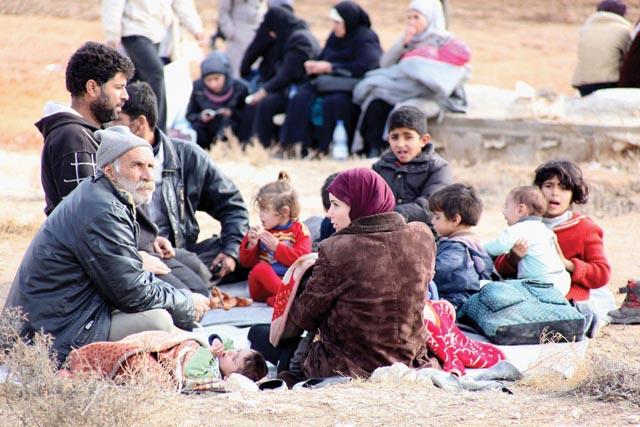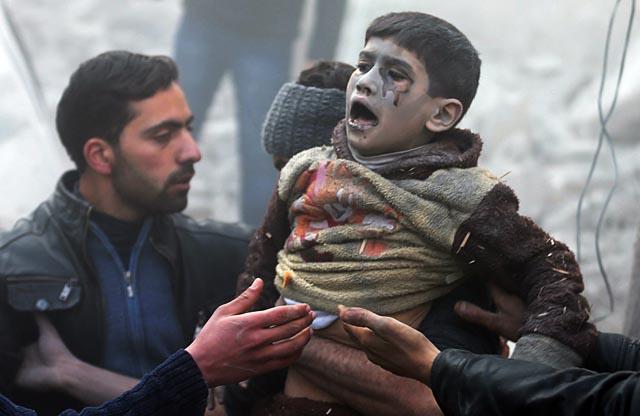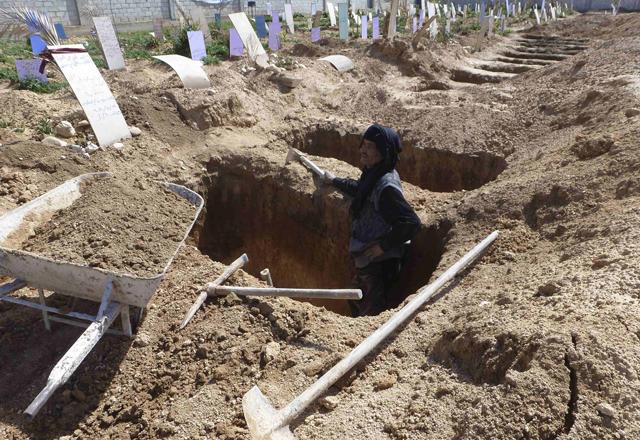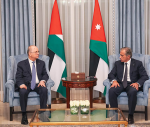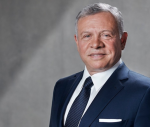BEIRUT — Syrian rebels and activists have launched a second “revolution” nearly three years into the uprising against President Bashar Assad, this time against a powerful Al Qaeda affiliate accused of brutal abuses.
Battles have raged for two days across northern Syria since the newly formed Army of Mujahedeen declared war on the Al Qaeda-linked Islamic State of Iraq and the Levant (ISIL), with two massive rebel alliances joining the battle against the extremist group.
“The revolution has returned to its true path, and the rays of the sun have started to shine on Syria,” Ibrahim Al Idelbi, an activist from the war-torn country’s northwest with close ties to the rebels, wrote on his Facebook page.
“January 3, 2014: The revolution against the Islamic State of Iraq and the Levant begins,” wrote coastal Latakia’s Ammar, also on Facebook.
Activists and rebels have long accused ISIL of imposing a reign of terror on areas under its control, including public executions and the kidnapping, torture and assassination of rival rebels and civilians.
Some have gone so far as to accuse the group of colluding with the Assad regime to tarnish the image of the initially peaceful uprising and deter Western nations from intervening more forcefully on the rebels’ behalf.
The latest fighting appeared to have been ignited by the torture and murder this week of Dr Hussein Al Sleiman, known as Abu Rayyan, a popular medic.
‘People have had enough’
An activist in Idlib who goes by the name Abu Leyla said ISIL “only benefits the Assad regime”, which has long insisted that all its opponents — peaceful activists and rebels alike — are “terrorists”.
“They have taken over roads from local fighters and then withdrawn, opening the way to the army. They take over border crossings to control arms shipments for the rebels. People have had enough,” Abu Leyla said.
Aron Lund, an expert on Syria’s insurgency, said ISIL’s vision of itself, not as a mere rebel group but as a nascent Islamic state governed by a harsh interpretation of Sharia law, has alienated other rebel groups, including less radical Islamists.
“We see what the other groups say — that they’ve given ISIL one chance after another, but that they keep burning their bridges,” said Lund, editor of the Syria in Crisis website of the Carnegie Endowment.
The recently formed Islamic Front and the Syrian Revolutionaries Front, two broad alliances that bring together tens of thousands of opposition fighters, both condemned ISIL on Friday.
“We call on ISIL to withdraw immediately from Atareb [in northern Syria] ... and remind them that those who freed Atareb [from Assad’s regime] are those you are fighting today,” said the Islamic Front, Syria’s largest rebel alliance.
The Syrian Observatory for Human Rights, a Britain-based monitoring group that relies on a network of sources inside Syria, said at least 36 ISIL members and supporters have been killed and another 100 have been captured by rebels.
However, the group’s setbacks in Syria came as it advanced in neighbouring Iraq, seizing the city of Fallujah and parts of Ramadi in the volatile Anbar province.
Syrian protesters took to the streets on Friday in demonstrations against ISIL that recalled the early days of protest against Assad. In Aleppo, they cried: “Free Syrian Army forever! Crush ISIL and Assad!”
The main opposition Syrian National Coalition on Saturday endorsed the fight against “the authoritarian repression” and “Al Qaeda extremism” of ISIL.
ISIL supporters, meanwhile, accused the other rebels of betraying the group, with one supporter calling the activists “mercenaries” on Twitter and another saying: “To those of you who stay silent in the face of injustices against ISIL, you’re next.”
‘Syria and extremism don’t mix’
Assad has insisted from the start of the Arab Spring-inspired uprising that he is fighting against foreign terrorists, but dissidents say his regime has largely ignored ISIL while going after peaceful activists and more moderate rebels.
They often point to ISIL’s main headquarters in the eastern city of Raqa, which has been spared by the regime’s air force despite heavy bombing campaigns in other areas.
Salman Sheikh, a scholar at the Brookings Doha Centre, said the recent fighting made it clear that “Syria and extremism don’t mix” but that rebels opposed to both ISIL and Assad will need more international support to prevail.
To date, the West has done little to arm the rebels for fear that weapons may end up in the hands of jihadists.
“Many Syrians have given up on the outside world, and have felt the need, despite the risks, to recover their own revolution, alone,” Sheikh said.

